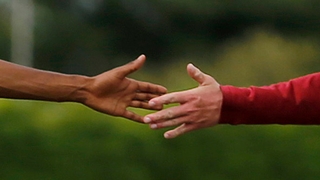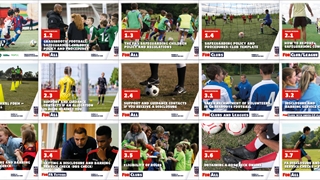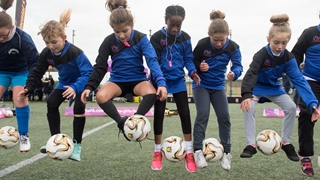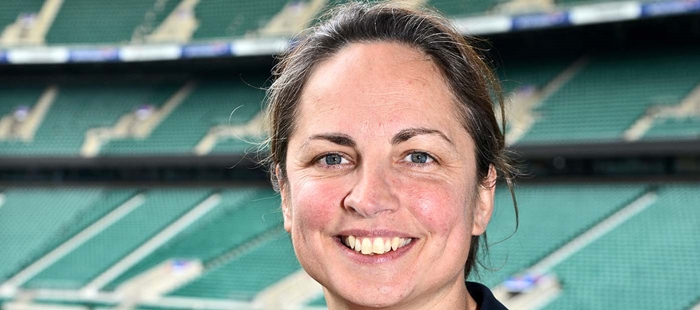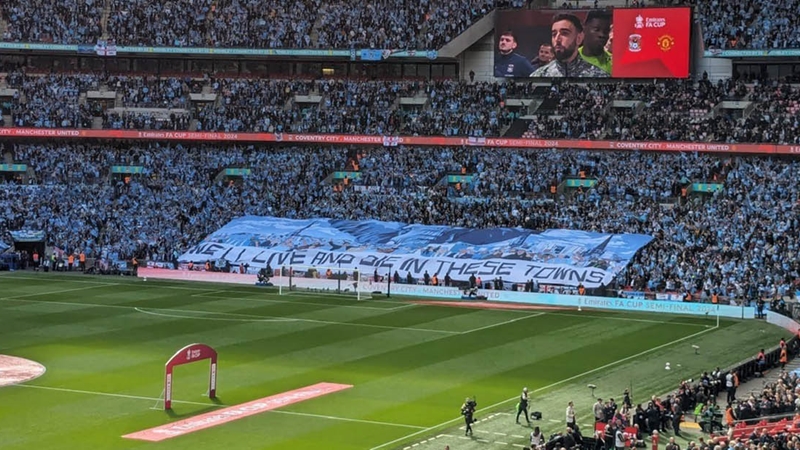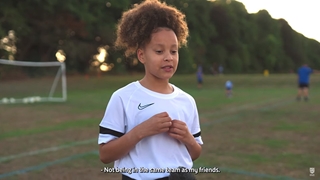
Parents and carers are key when it comes to safeguarding in football. Understanding the role you can play, how and with whom to raise a concern you may have – and how to report it – they’re all crucial.
These and many other topics are covered on the short, free online ‘Safeguarding Awareness for Parents/Carers’ course you can take today here.
The vital role parents/carers can play is also emphasised in the frank and open conversation we filmed between three survivors of child sexual abuse in football. You can watch the film here.
Jamie, Gary and Ellie share a difficult conversation of their own experiences and memories from a horrific time in their lives in the hope that it paves the way for a more open conversations in football to help prevent abuse.
We are also encouraging parents/carers with a child in football to:-
- Ensure you know who your child’s coach/manager is, how they will communicate with you, how you can contact them and how to get feedback on your child - ask if they are FA DBS checked and safeguarding trained
- Put the NSPCC Helpline and CWO name and contact details in your phone/notebook - ensure you and your child understand the CWOs role
- Be clear about acceptable and unacceptable behaviour at your child’s club - sign up and adhere to their codes of conduct
- Ask your child what they enjoy about playing - and remember this when supporting them!
- Agree with your child how you will support/check-in to see how they are doing
- Ensure your child understands their rights - find out more
- Ensure you and your child know how to report a concern - find out more
- Encourage your child to speak to you about anything that worries them, no matter how big or small


